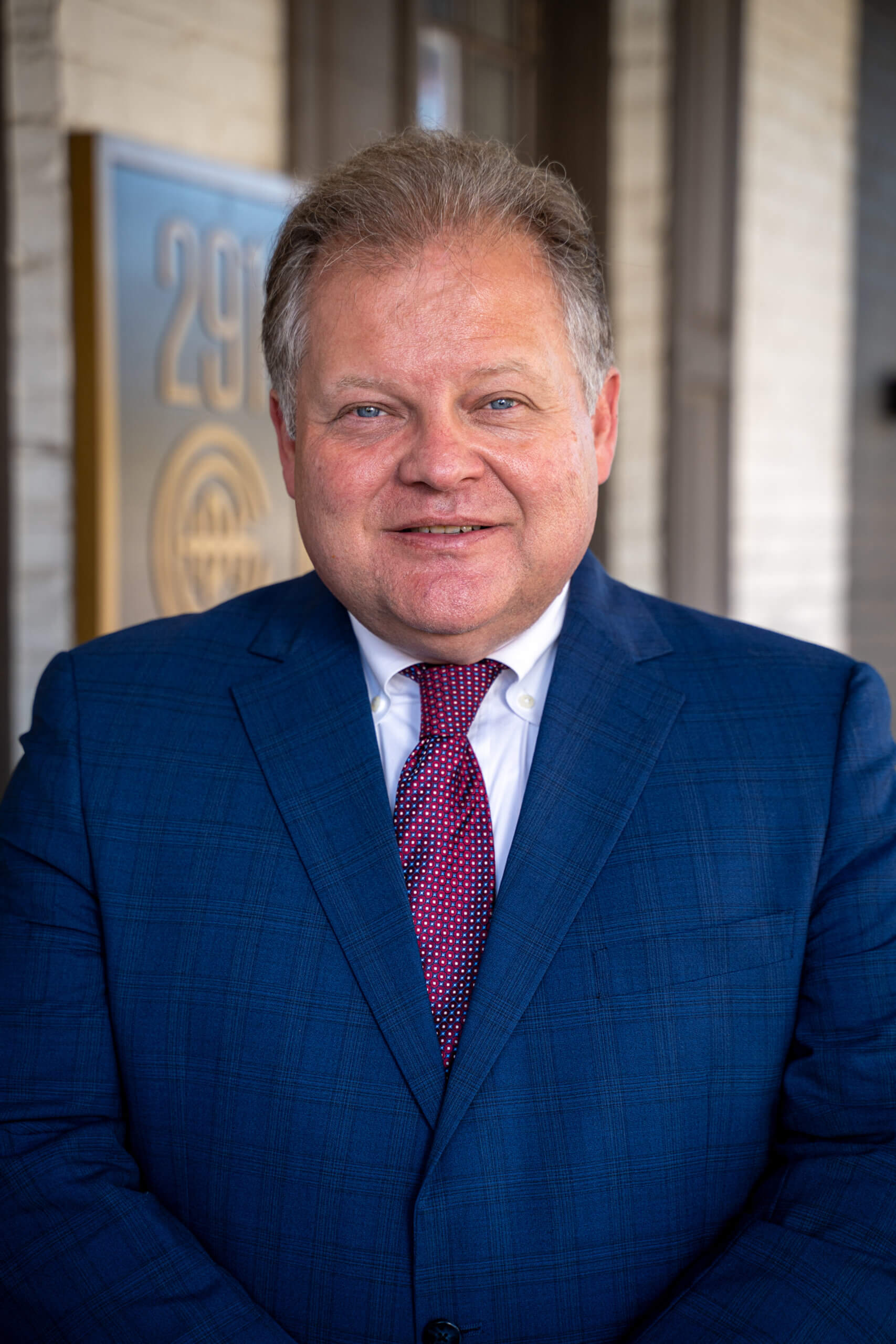You are driving down the road when you notice the car in front of you has suddenly come to a stop or drifted into your lane. Should you swerve to get out of the way as quickly as possible?
The answer to this question is every lawyer’s favorite answer: it depends. Whether swerving will help you avoid an accident, or cause an even bigger one depends on traffic, road conditions, the type of vehicle you are driving, and how confident you are that swerving is the best option.
At Chatham Gilder Howell Pittman, we help people in Shelby County, Tennessee and Desoto, Marshall, Tunica, and Tate counties in Mississippi deal with the fallout when an accident occurs and the decision to swerve (or not serve) was a key factor.
You Should Have Swerved
Practicing defensive driving means knowing how to keep you and your passengers safe in unusual situations. If you take a defensive driving class, one of the things you will learn is how to evaluate the risk of serving to avoid an accident.
Swerving may be the best option if:
- The road is straight and in good condition,
- There is an emergency lane or shoulder to drive on,
- There are no other vehicles around,
- Swerving the vehicle you are driving will not cause it to skid, and
- Braking would not avoid the accident.
The ability to put on the brakes is a key consideration. According to the National Highway Traffic Safety Administration (NHTSA), speed is the most important factor in most accidents, contributing to around 30% of all traffic fatalities. Slowing down — even if you cannot come to a full stop — is often the best way to avoid serious injury when you find yourself in an unusual situation behind the wheel.
When Chatham Gilder Howell Pittman is involved in a case where the other party suggests our client could have swerved and avoided an accident, we point out the risks of swerving. The situations where swerving is the best and only option are few and far between.
When Swerving Causes An Accident
Swerving is often a split-second decision that is almost like a reflex. Humans have a natural instinct to avoid injury by moving out of the way that does not go away just because we get behind the wheel.
The problem with this is that swerving to avoid an accident can often cause a worse one. The NHTSA has identified swerving as a common practice of unsafe drivers, and the Chatham Gilder Howell Pittman team often sees cases where a swerving driver:
- Drove into oncoming traffic,
- Lost control of their vehicle,
- Damaged their vehicle
- Hit a tree, pole, or other object alongside the road, or
- Collided with the object they were trying to avoid at an angle that caused worse damage than hitting it straight on would have.
Insurance companies will sometimes refuse to pay out, or give a lowball offer, in these scenarios. We remind them that drivers typically swerve for a reason. We then provide evidence of that reason by gathering eyewitness statements about the accident, video footage from nearby cameras, the police report, information about the road conditions at the time of the accident, and any other information that shows our client made the best decision possible under the circumstances and deserves to be fairly compensated.
The Lawyers That Listen
Every driver or passenger involved in an accident has a story to tell. Chatham Gilder Howell Pittman is here to listen and advise you of your options. During our decades in practice, our experienced team of personal injury attorneys has won millions of dollars for car accident victims in Shelby County, Tennessee and Desoto, Marshall, Tunica, and Tate counties in Mississippi. If you have been injured in an accident where swerving (or not swerving) played a role, please contact us to schedule an initial consultation.
